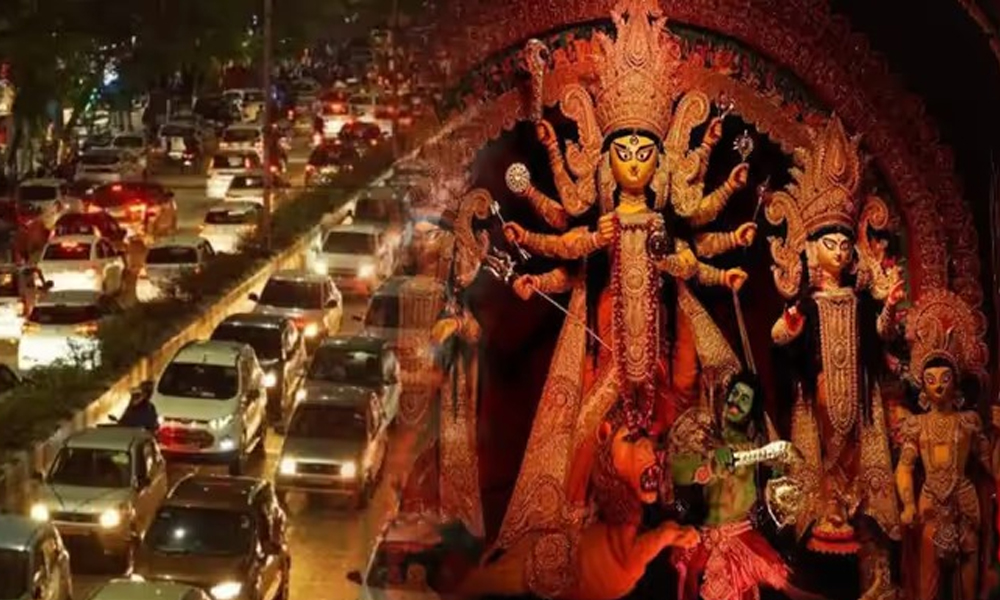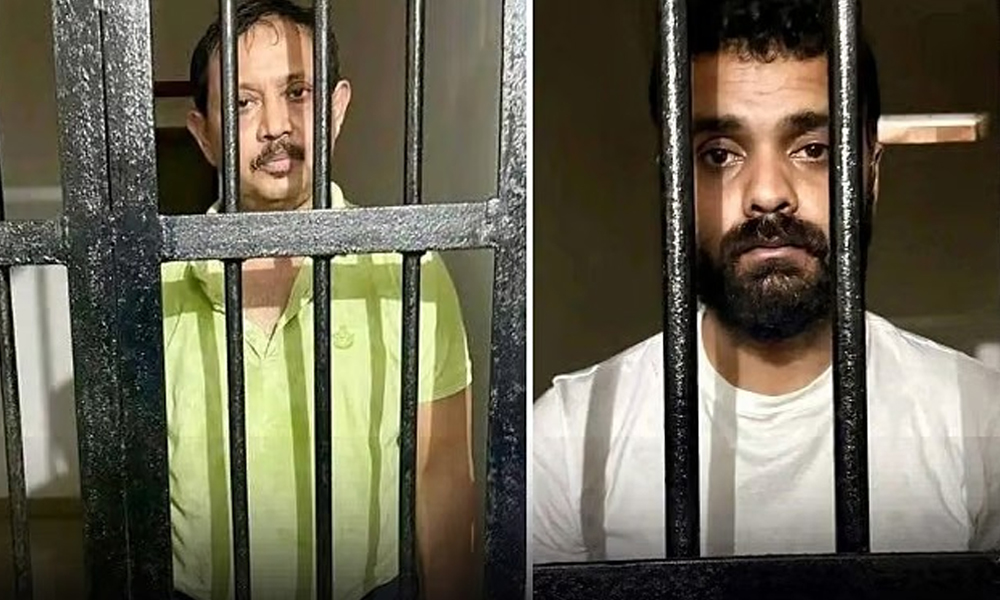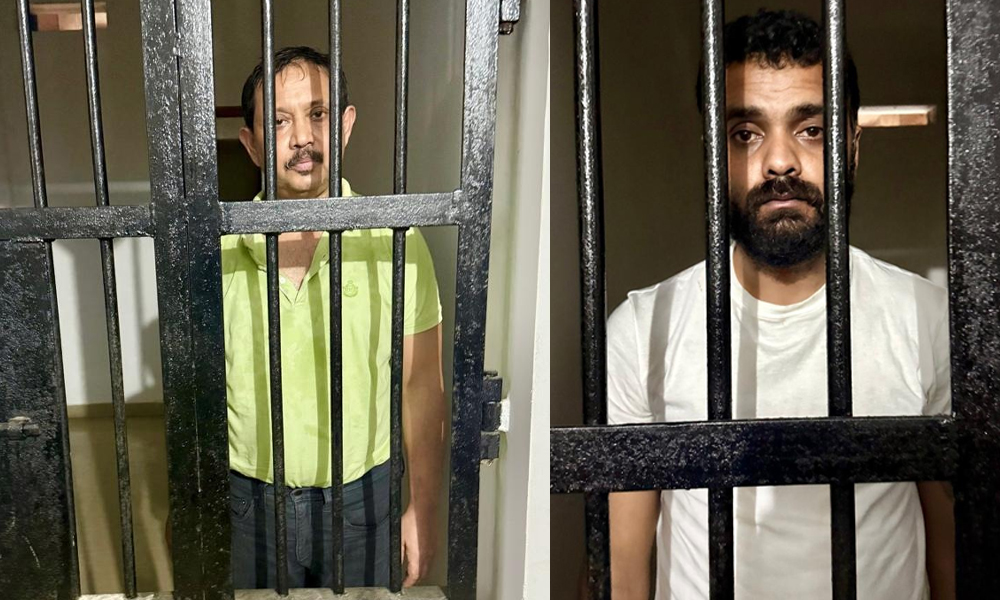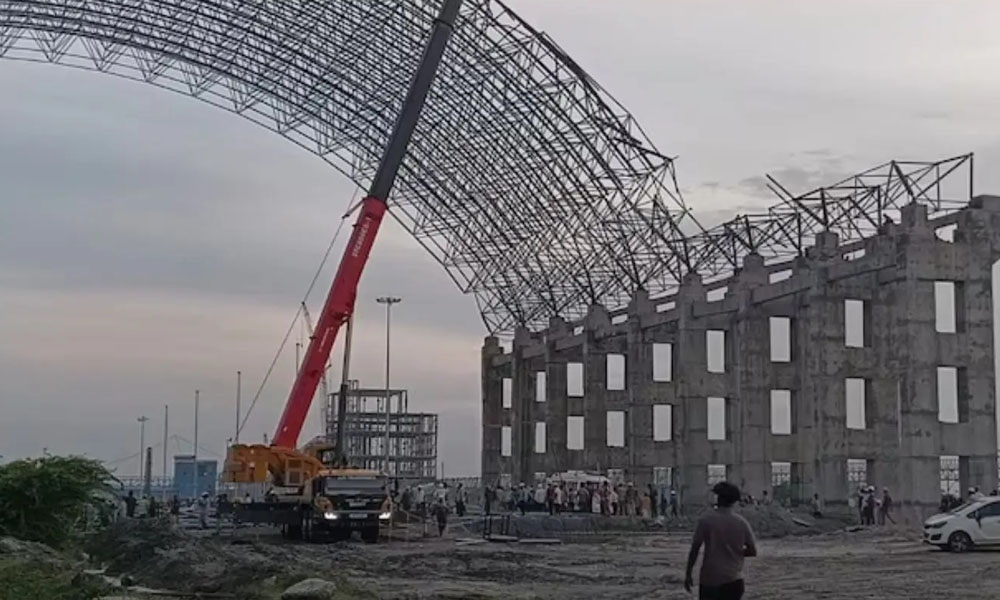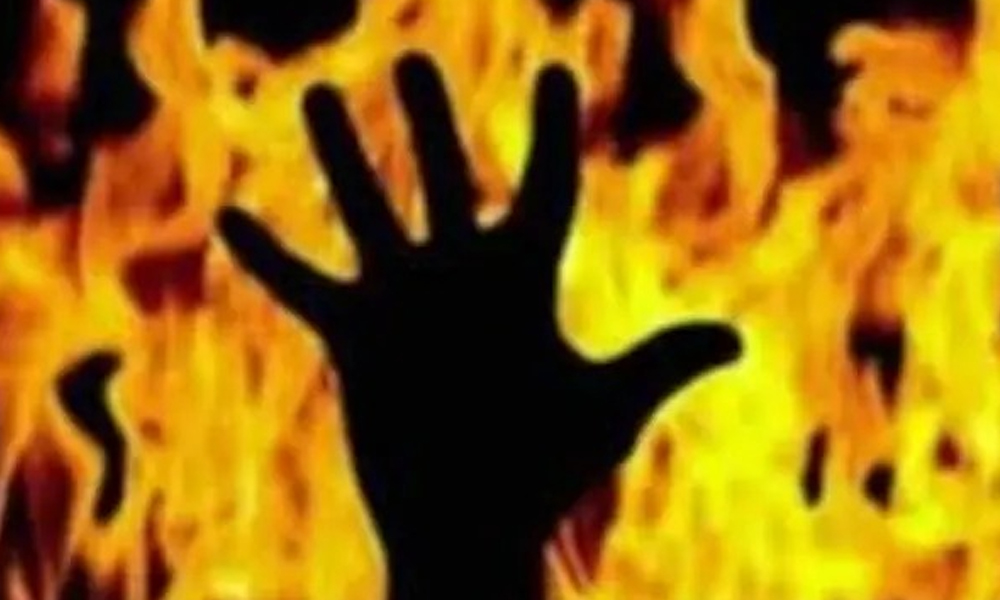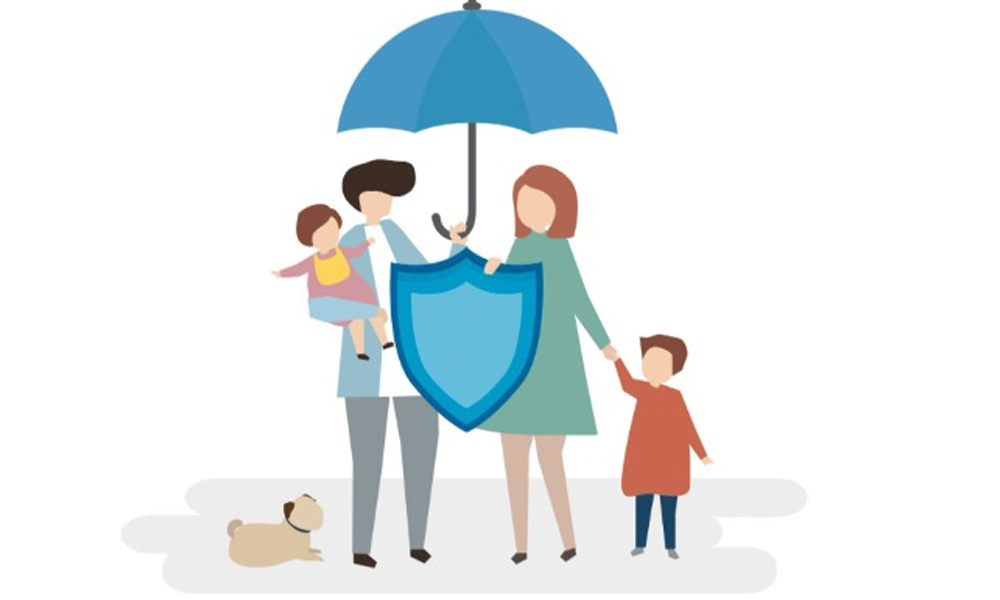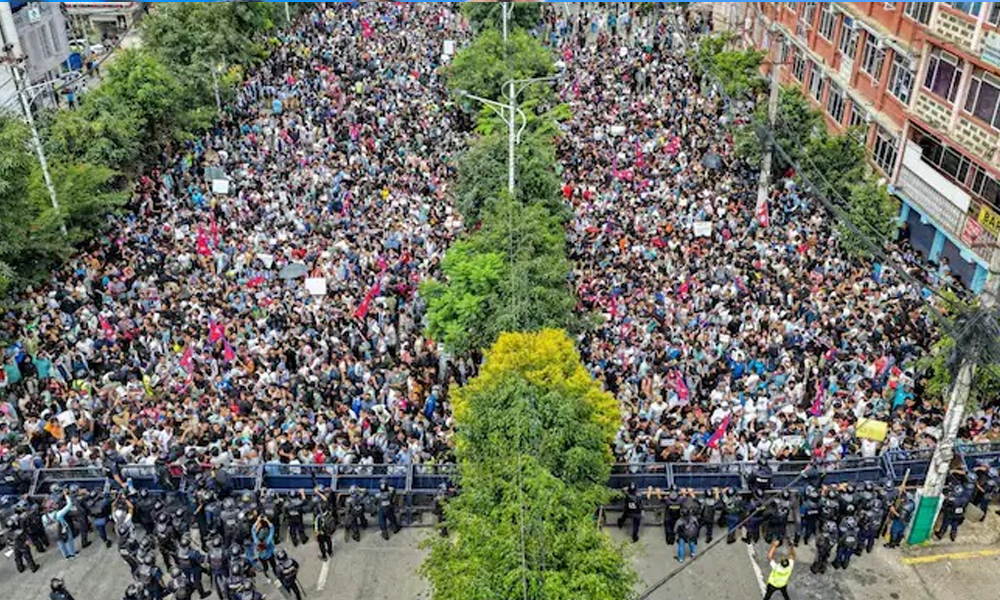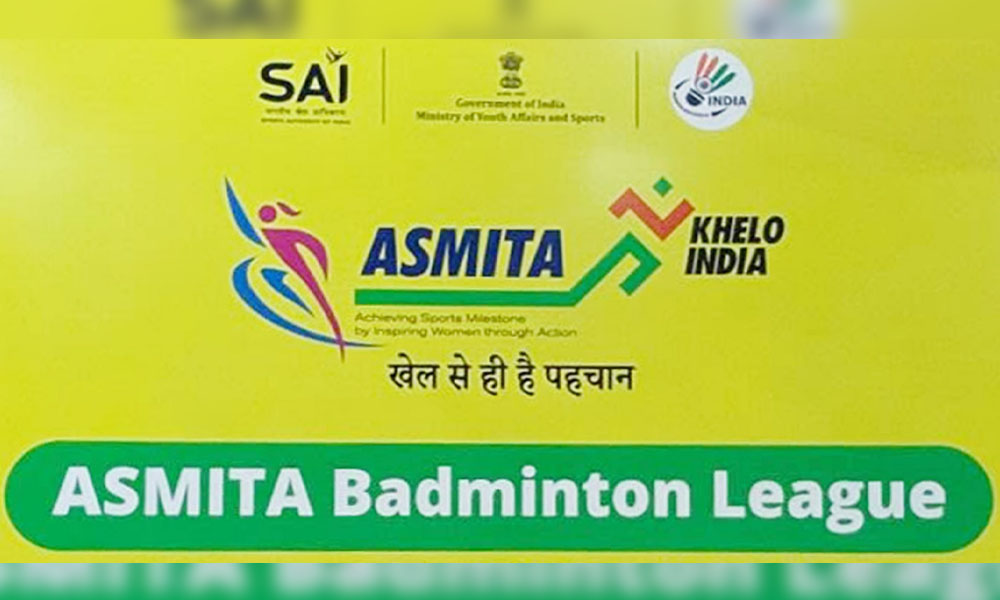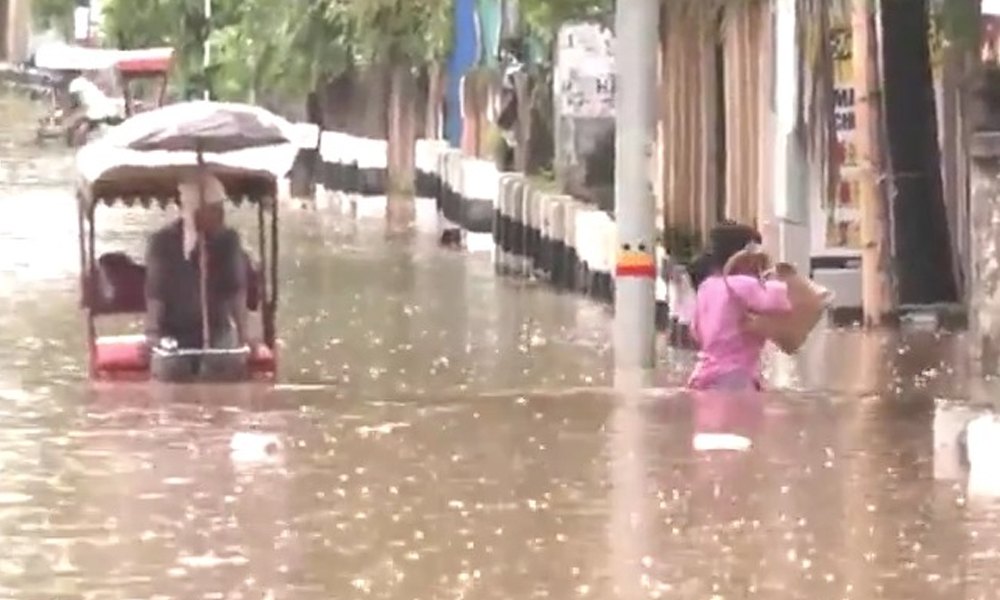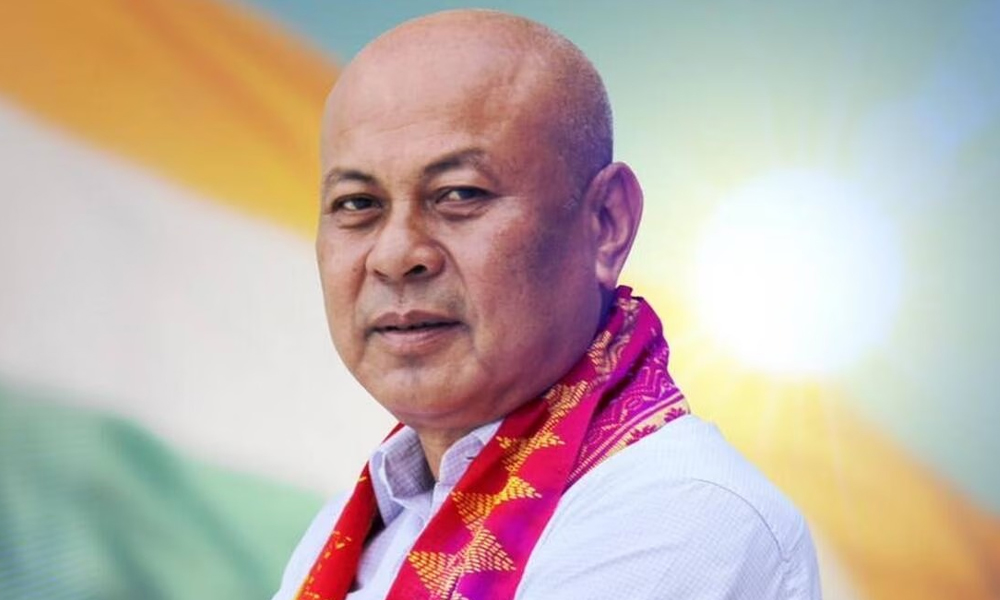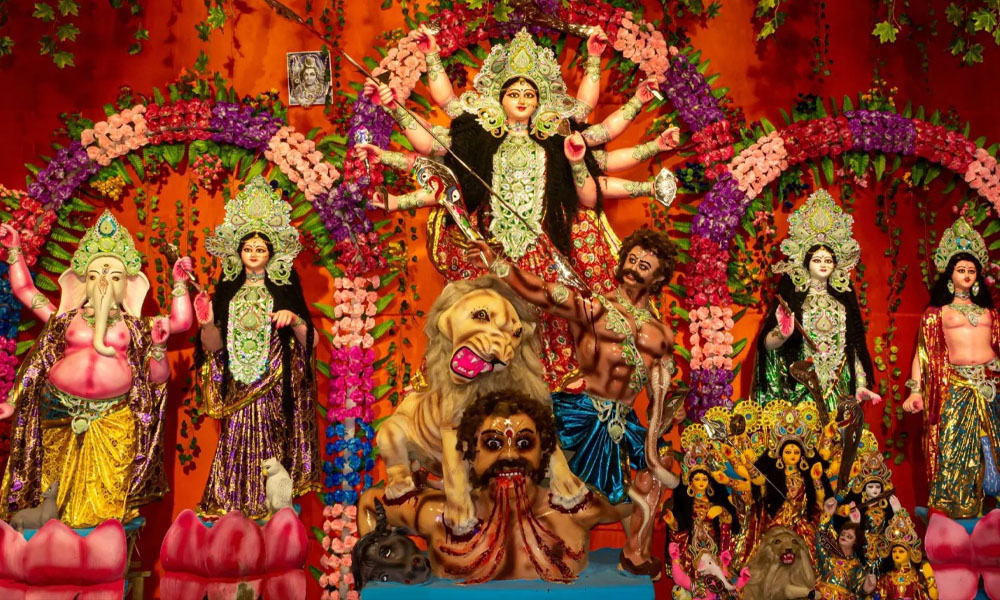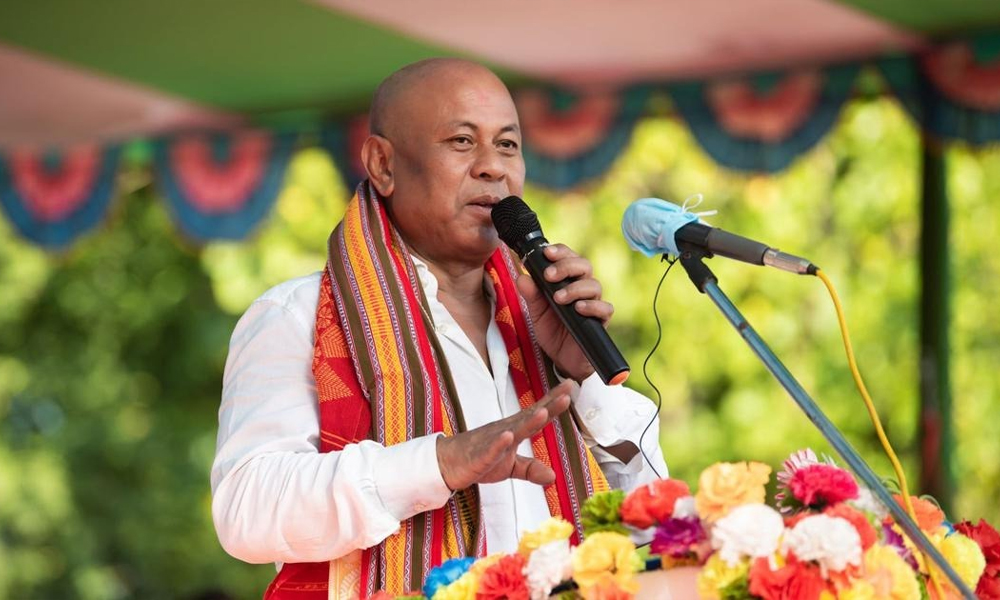Digital Desk: According to the energy minister, Sri Lanka has
less than a day's worth of fuel left, and when the country's economic crisis
worsened, public transportation came to a complete stop.
Despite the fact
that most pumping stations have been without fuel for days, there were
miles-long lines for gasoline and diesel across the capital.
Petrol reserves in
the nation, according to Energy Minister Kanchana Wijesekera, are roughly 4,000
tonnes, or about one day's worth of use.
In Colombo,
Wijesekera informed reporters, "The next petrol shipment is due between
the 22nd and 23rd (of July)".
Other suppliers
have been approached, but we are unable to confirm any fresh supplies before
the 22nd.
In order to save
gasoline and diesel for emergencies, cash-strapped Sri Lanka this week ordered
a two-week suspension of all fuel sales, with the exception of critical
services.
The majority of
stores remained closed on Sunday, and it is anticipated that things will get
worse once banks and offices reopen on Monday.
The few automobiles
on the road were flagged down by desperate persons looking for a ride.
Privately owned
buses, which make up two-thirds of the fleet in the nation, reported operating
a little service on Sunday due to the severe impact of the fuel scarcity.
Out of the 20,000
buses held by our members, we ran roughly 1,000 across the nation, according to
the chairman of the Private Bus Operators Association, Gemunu Wijeratne.
"We have no
way to buy diesel, therefore the situation will undoubtedly get worse
tomorrow."
He predicted that
services will be significantly reduced on Monday and claimed there was no quick
fix.
Three-wheel taxis,
a common last-mile mode of transportation, were also taken off the roads, with
the majority being observed in days-long lines to obtain a ration of six litres
of gasoline.
The country is
currently experiencing its worst economic crisis, with its 22 million residents
dealing with extreme challenges on a daily basis due to a lack of foreign
currency to pay for even the most basic goods.
Additionally, the
nation has seen prolonged power outages and record-high inflation since late
last year.
To cut down on
commuting and save energy, all non-essential government offices and schools
have been ordered closed until July 10.
Soldiers fired last week to disperse a mob protesting the military skipping the line.
After falling behind on its $51 billion external debt in April, Sri Lanka is currently in negotiations with the International Monetary Fund for a potential rescue.


